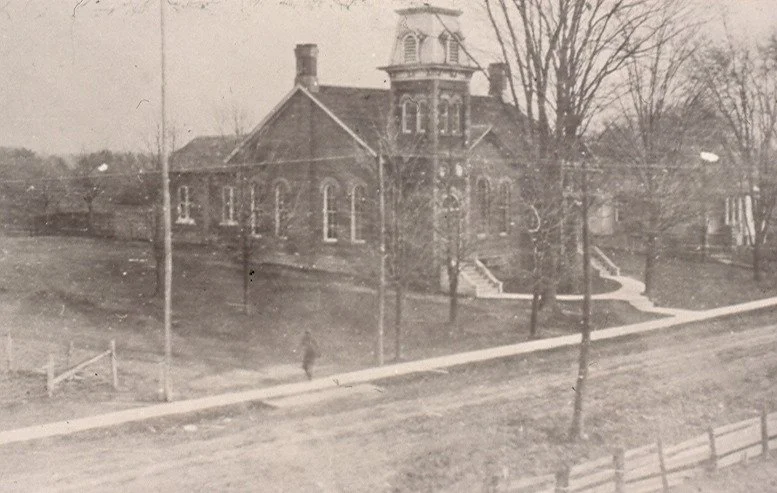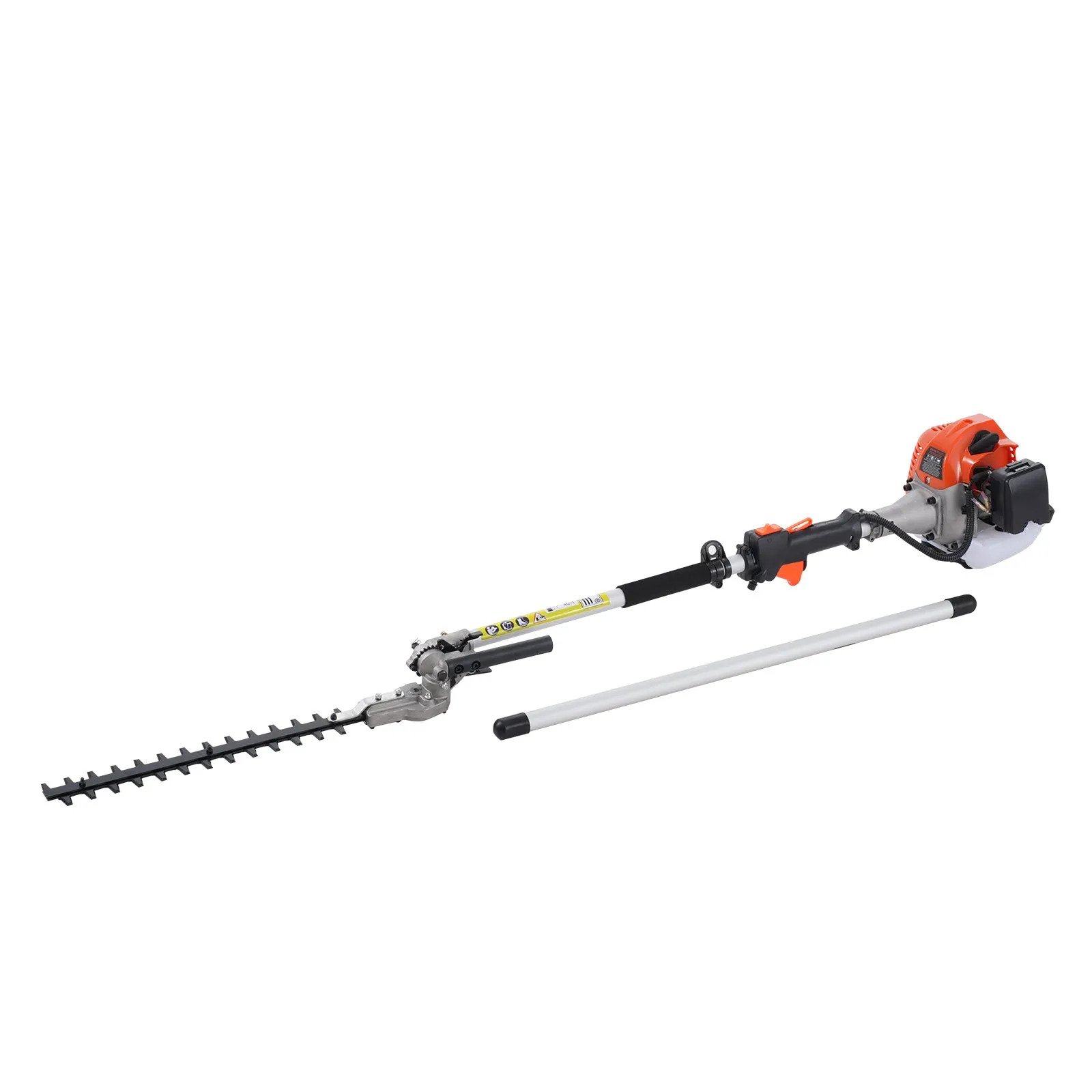Substance Abuse: What is it Like to Attend Rehab in Canada?
/Substance abuse is becoming a common thing in Canada. According to recent surveys, at least over 20% of Canada's population suffers from substance addiction, which leads to reckless driving, violent behaviors, and burdened families and communities.
Additionally, this is impacting some in our neighbouring country, the USA.
If you’re looking for rehab in the US, there are plenty of options available.
The common substances being abused in Canada, which lead to addiction include alcohol, cocaine, heroin, and cannabis. Getting to terms with addiction is hard, which makes it necessary to attend rehab in Canada. If you are battling addiction or know of someone in Canada undergoing the same, this article clarifies what to expect when attending your rehab in Canada.
1. Intake, Screening, and Assessment
The first step that will see you in rehab is by asking for help, which will lead to your intake to the rehab center in Canada. You can ask your family member, neighbor, spouse, or anyone that can help. According to rehabilitation experts from Recovery Works, you can even call the rehabilitation center in Canada and ask for help to recover from addiction. Through the phone conversation, the assistant will ask questions to assess your situation and plan for a convenient plan to aid your treatment. Through the phone call, you will also be able to ask any questions about things you need to know concerning the center and the whole process. Besides phone calls, you can visit the center physically and have all the assessments done.
2.Detox at the Rehab Centre
Detox is the first procedure done at the rehabilitation center in Canada. Many people fear this process, but it aims to flush all the drugs and toxins present in your body to prepare for the recovery process. The rehabilitation center will use an approved process, evidence-based, to reduce the probability of having a relapse. However, when the withdrawal symptoms become too much, the center might induce some drugs to help with the effects. Detox and administering of drugs are done professionally to ensure the process is comfortable and safe for the patient.
3. Inpatient Treatment at the center
An inpatient treatment center offers the patient a chance to leave their homes and family and spend their time at the recovery center until recovery. This inpatient process is the best kind of treatment in Canada, especially if you want to fully concentrate on treatment and avoid disruptions from members of your family or friends. Many centers provide a 12-step program that needs minimum or no disruptions to be effective, and the inpatient process might be better for this. In this program, physiotherapy is the key and deals with educational sessions, cognitive behavioral therapy, individual sessions, group sessions, and family therapies. All these are aimed to reduce the addiction and make you completely independent of drugs.
4. Aftercare and Outpatient rehabilitation
Recovery from drug addiction is a long-term process that doesn't end at the rehabilitation center. After being discharged, the process needs continuations to avoid getting back into drugs. You need to spend at least the rest of your life fighting the urge to get back into drugs. Most Canadian centers urge their patients to attend outpatient and aftercare sessions to monitor their situations and help them stay sober.
Getting yourself or your addicted friend, family member, neighbor, or workmate to a rehabilitation center is one way of salvaging their lives from addiction. After going through rehabilitation centers, many people end up living a positive life, free from drugs. You can take the initiative today and have a better life afterward.











